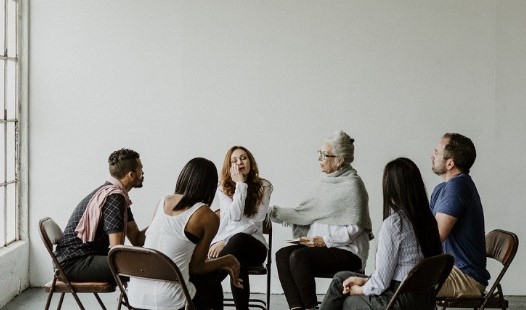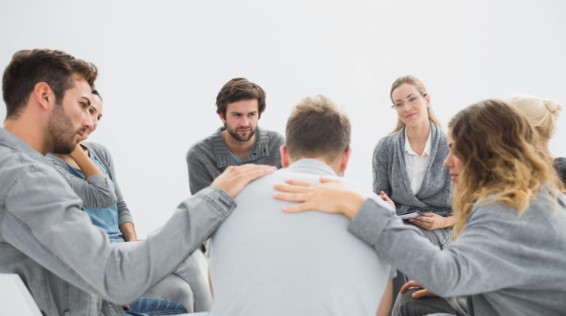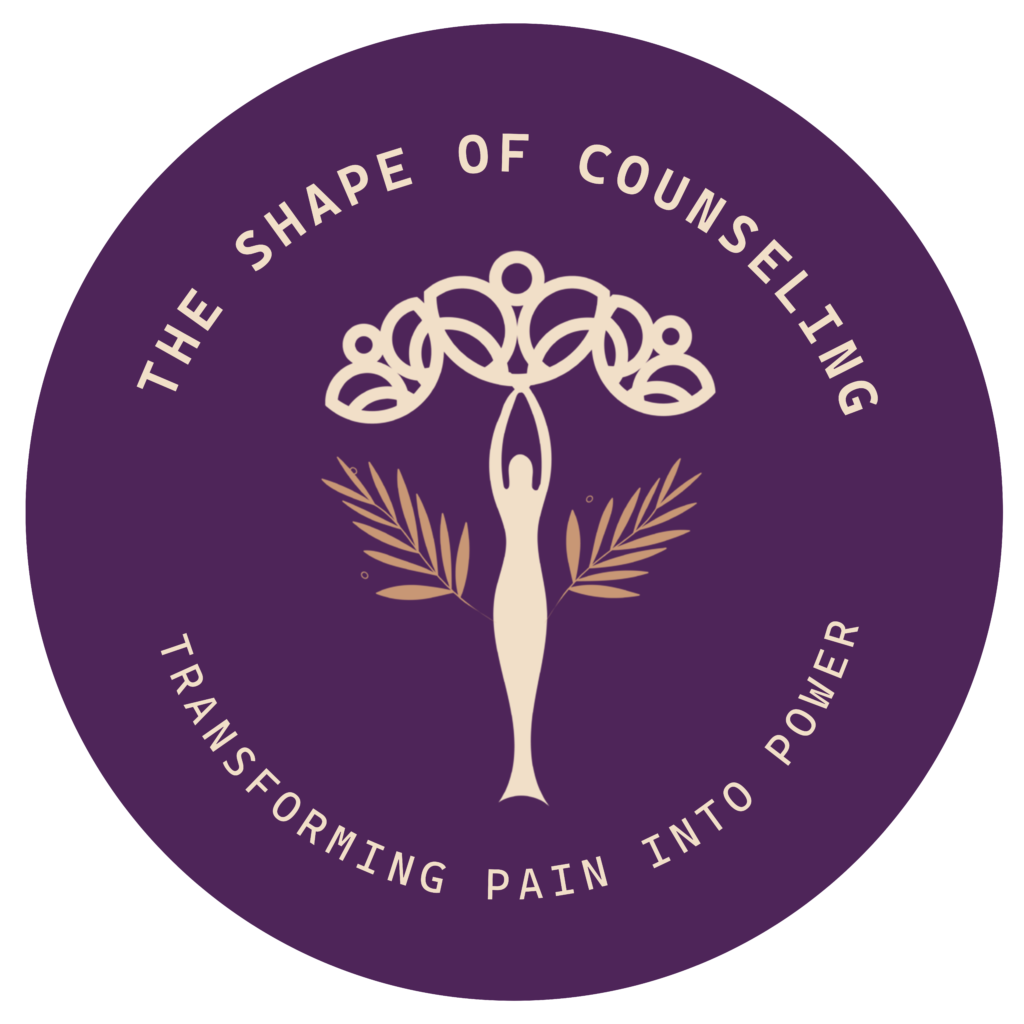Group counseling has been around for many years and is widely recognized as an effective method of therapeutic treatment. It involves a group of individuals coming together in order to discuss various stressors and challenges that they are currently facing in their lives.
While each person involved experiences the direct benefits of being part of a safe and supportive communal environment, there’s something special about participating in a collective sharing experience that makes it particularly powerful.
Group counseling can help you work through obstacles, develop problem-solving skills, discover different perspectives on issues, and gain new insights into yourself, ultimately leading to more fulfilling relationships with others.
In this blog post, we’ll explore the advantages of group counseling, including its potential to create deep, meaningful connections between participants, along with discussing strategies for making your group therapy sessions successful.

How does group counseling work?
Group counseling is a wonderful way for individuals to gain insight into their mental health. The sessions involve several people coming together to discuss issues that are pertinent to each person’s life and share experiences in a safe and nurturing environment.
A facilitator or counselor will be present to facilitate the conversation, ensuring that everyone has a chance to talk about their experience in an open and non-judgmental atmosphere. With the open communication of different perspectives, it can be easier for people to work through even the toughest emotional struggles with guidance from both the counselor and fellow group members.
Group counseling is not only an effective method for discovering solutions, but it can also be a supportive process that brings people closer together and helps build self-esteem.
What to talk about during group counseling?
Group counseling can be an incredible experience when it’s used effectively. Discussion is the key to success, so choosing the right topics to discuss is essential. Topics that are focused on self-reflection and personal growth generally lend themselves well to group discussions.
If the group is comfortable, consider asking questions that prompt further exploration into each member’s thoughts, feelings, and experiences, such as why they think certain behaviors may have occurred or how their past might influence their current feelings. Other topics could include open conversations about creative problem-solving or how to build meaningful relationships with others.
Even incorporating fun activities like role-playing or brainstorming can add energy and help keep the conversation flowing. Whatever topic is chosen, it is important to come from a place of empathy and understanding within the group to allow for an authentic and productive atmosphere.

Talk To Us
Our therapists are ready to talk to you within 24 hours of booking.
What to expect from others from group counseling?
When entering group counseling, one should enter with an open mind, hoping to benefit from the shared experience and insight of others. Each group member should respect each other’s opinions, have patience for listening and understanding, give honest feedback in order to provide help and support for one another, as well as practice active listening by both talking and listening.
By these means, it can build trust among members of the group and help them realize better ways of dealing with their life situations. One should expect respect, understanding, non-judgmental listening, meaningful discussion, and genuine support from others when engaging in such a beneficial activity together. All-in-all, it’s a positive experience worth trying when you feel stuck or alone in what you are going through.
When and why you should join a group counseling session?
Joining a group counseling session may help individuals to explore their feelings, understand why certain behaviors happen, and build resilience in light of challenging experiences. Attendees may learn coping strategies and how to better express their emotions and will benefit from the collective support of a shared experience.
Furthermore, engaging in group therapy can work to reduce feelings of loneliness or isolation as you will be surrounded by peers journeying through similar challenges. You can join group counseling sessions if you’re facing the following problems:
- Shyness
- Excessive dependence in relationships
- Superficial relationships
- Loneliness or isolation
- Frequent arguments with people
- Being easily hurt or offended
- Needing a lot of reassurance from others
- Discomfort in social situations
- Difficulty trusting others
- Lack of intimacy in relationships
Ultimately, if you or someone you know is dealing with difficult mental health issues, then joining a group counseling session may help to gain insight and comfort into the healing process.
How to get 100% benefit from group counseling?
There are a few simple steps that can help make sure you’re maximizing the benefit of group counseling.
- First, be open and honest with yourself when participating in group sessions. By being vulnerable, you can form strong connections with other members and derive strength from their experiences.
- Second, be ready to learn and take in what others are saying. Listen closely to what other members have to say. Often, their stories can teach us something about ourselves that we haven’t yet realized.
- Third, focus on the entire group’s mission instead of just thinking of yourself while in session. When everyone is focused on the same goal, like feelings of support and understanding, greater progress can be made collectively.
With these tips in mind, everyone can find great value, even in small group counseling sessions.
Benefits of group counseling
Group counseling offers some terrific benefits that make it a great choice of therapy. By sharing their experiences with others, individuals in a group can get valuable feedback, support, and encouragement.
- Group counseling also provides the opportunity to learn from the stories of others, often leading to new insights into one’s own situations.
- Group members do not bear the burden of the discussion alone; rather, group members work together for mutual gain, creating a more comfortable atmosphere for addressing issues.
- Group counseling encourages individuals to practice techniques like active listening and communication skills which can be further implemented in other areas of life for continued benefit.
All of these elements combined make it easy to understand why group counseling classifies as an invaluable resource for the well-being of many individuals.
Why should you try individual counseling before group counseling?
Individual counseling is an important first step for those looking to make a lasting, positive change in their lives. By engaging in individual counseling, a person can talk through any issues privately, without the pressure of a group setting. Through one-on-one sessions with a qualified counselor, they are able to speak openly and honestly about what they are feeling and learn how to look at the root of their struggles.
This allows them to think more deeply about why they may be feeling negative emotions or engaging in certain behaviors and to develop strategies that work best for them as an individual. It can also help build trust with the counselor before transitioning into group counseling if additional support is desired. If you feel like it’s time to face your mental health issues head-on, give individual counseling a try first, you won’t regret it.
You can get in touch with our professional therapists and counselors within 24 hours. Our professional services are available for any location.




